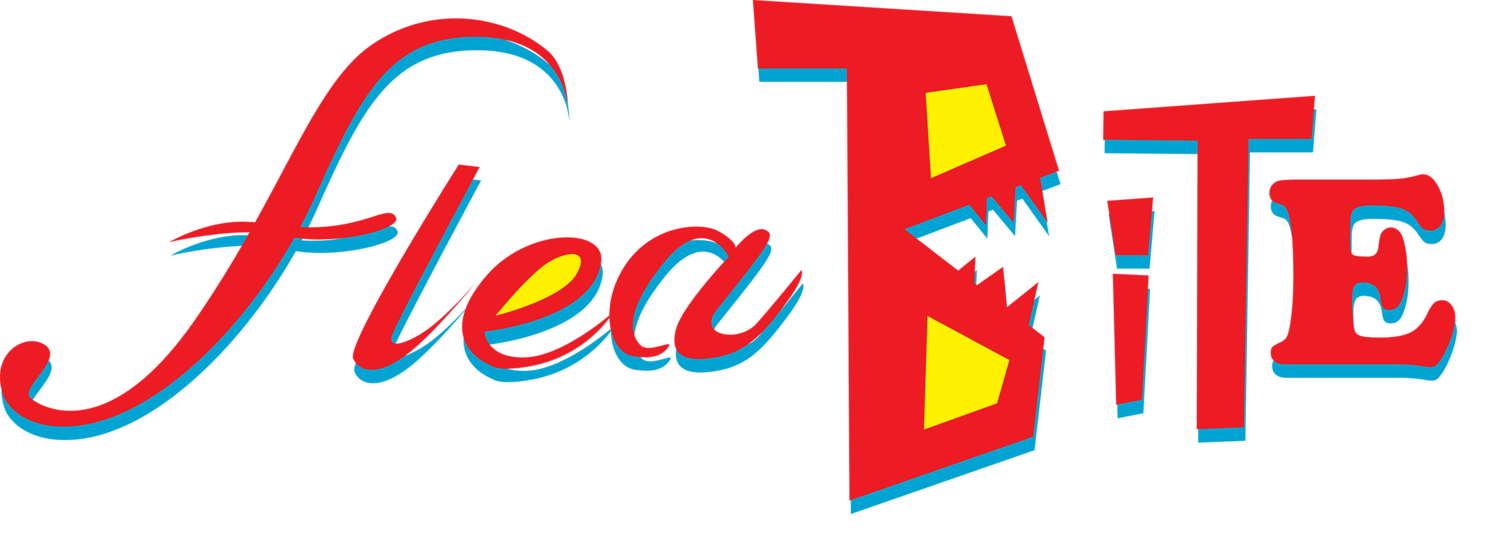Gecko Press Interview
I recently ran into Julia Marshall, the founder of Gecko Press, at the Kokomai Creative Festival in the Wairarapa. We were both on a panel to talk about the process of creating children’s literature (and music).
Gecko Press is a successful niche publishing house based in Wellington. Currently with 80 titles in print and a slew of awards (including Best Children’s Publisher of the Year in Oceania at the Bologna International Children’s Bookfair 2013), Gecko’s by-line is ‘curiously good children’s books from around the world’.
A car accident on the long, straight main road between the Wairarapa towns delayed the arrival of writer Juliette MacIver. Her husband, a paramedic, was first on the scene, and got on with the real world job of saving lives.
Meanwhile, in the Masterton library, we genteelly sipped cups of tea, sucked lemon drops, and I was delighted to discover that Julia and I shared a quirky, arty approach to creating for children.
Gecko Press…what’s your connection with lizards?
I like geckos in particular – they are cute but not too cute, quick and curious, and they have suction feet. They are also a little shy, I think.
I tend to associate you with things Scandinavian – what is the connection and how did it come about?
I lived in Sweden for 12 years all up, and so many of the early books published by Gecko Press came from Sweden. They still do, but that’s because they do such good books. How I got to live in Sweden goes back to a long bus trip in Nepal and the meeting of a Swedish man: but also my sisters had travelled in Scandinavia, so Sweden was on my radar. I knew it wasn’t Switzerland.
You founded Gecko Press in 2005 …was it scary starting a publishing venture on your own?
At the time not - it is more scary now. Starting is easy...
What was the vision you initially brought, and how have you managed to sustain it?
The vision was always to publish curiously good children’s books; to translate the best writers in the world and bring their books into English: and at the same time, to publish good New Zealand books to send in the other direction. Our mission is to encourage children to love to read.
People say it’s better to have a niche market than try and be all things to all people. Has that ‘smaller’ approach helped you?
Gecko Press is small by choice – I think there are far too many books published in the world. I only want to contribute books I think are worthwhile and will last, rather than quick winners.
Any interesting ‘learning curve’ anecdotes you would like to share?
I asked that same question of a man at Bologna Book Fair before I started: what would he do differently if he was starting again? He said he would get a good distributor and to watch print runs, particularly reprints. That was good advice.
What qualities do you think you have (yes, including charm) that have made Gecko successful?
I think that choosing books that are warm, fun to read over and over, and unusual, has been part of any success we have achieved. We were very lucky that Joy Cowley gave Gecko Press her Snake and Lizard stories to publish – that was a turning point, absolutely. And people have got behind us, wanting us to succeed, and that has been critical.
While a couple of Gecko books per year originate in NZ, the majority are typically publications/translations from authors and illustrators in Europe and Asia. What do you like about the work that comes from these places?
I find that the books from Japan, Sweden, France and Germany often appeal to me – they have a warmth about them, and are child centered, and assume intelligence on the part of the child. I like that. I enjoy a bit of naughtiness in a book
Given that the majority of your writers and illustrators are based overseas, what keeps you based in NZ?
I like living in New Zealand!
Gecko Press seems to aim at the ‘arty’ end of the market…more of a high- end independent bookstore item than Golden Books at the Warehouse. Does this approach bear financial fruit?
Gecko Press does try to publish books pitched at what we call the commercial side of good – we don’t do very well in the Warehouse, sadly. Sometimes the least commercial books will be a success – Duck Death and the Tulip is an example. Other books I thought might be more commercial haven’t been. One never knows…
What advice do you have for anyone wanting to take the plunge and make their arty vision into a sustainable reality?
I would make sure I had a good amount of cash that I was prepared to lose. I would check that people really like the product and are prepared to pay for it: and I would get advice from people especially in weak areas. I would try to build a company with focus and structure. I have been very fortunate to have people prepared to help me.

